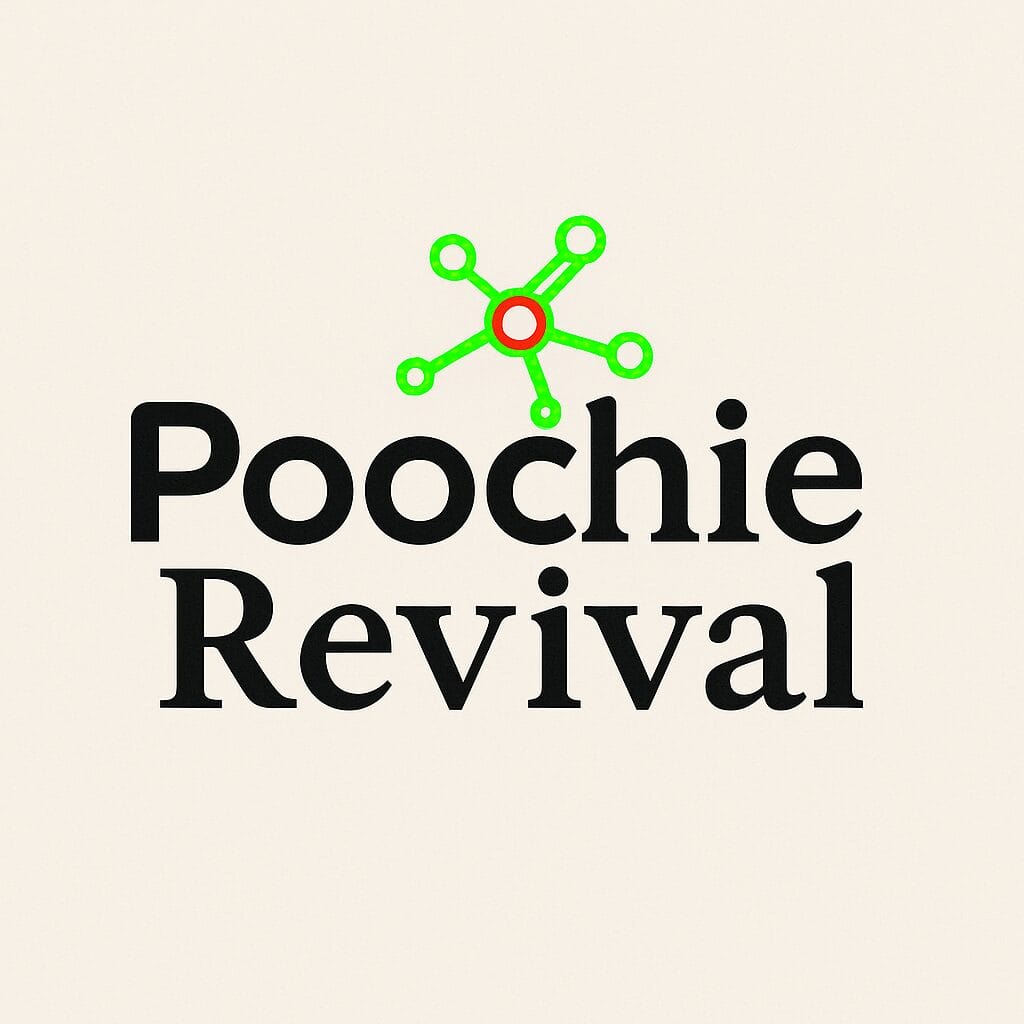Dog and Raw Food
Living food is a relatively marginal way to eat among humans. In part, it belongs to the raw food category on the humane side, partly not. As always with eating habits that are strongly associated with alternative treatments, the internal scene has more intense disputes over definitions than an outsider would genuinely perceive differences. For dogs, living food is the same as BARF, and the differences in emphasis come from the gurus’ desire to do business with the topic. It does not relate to dogs.



